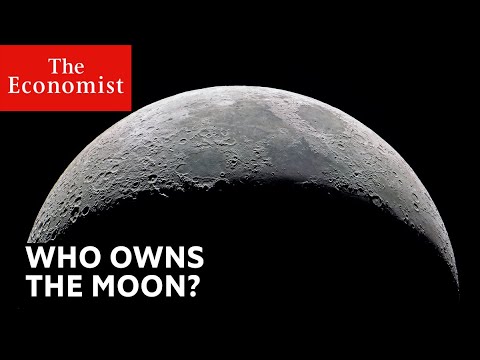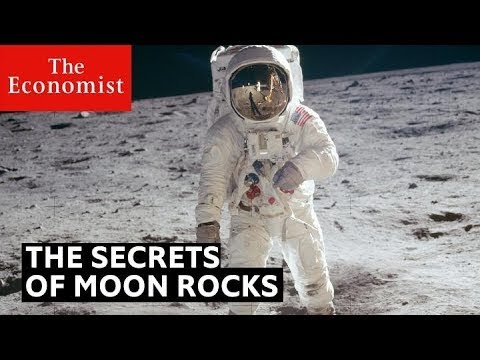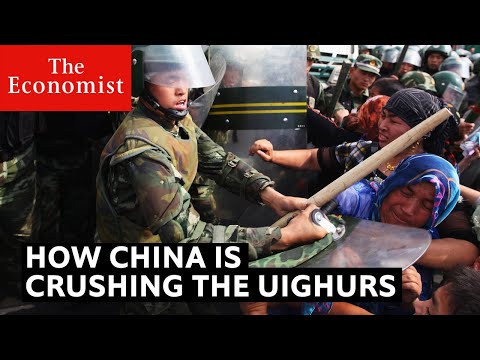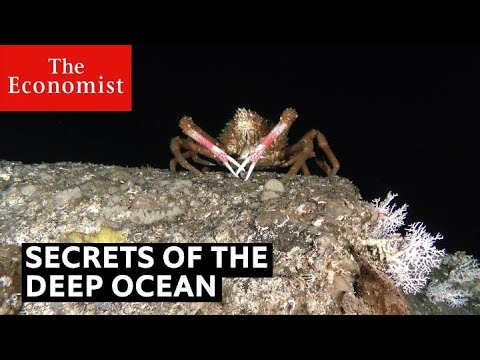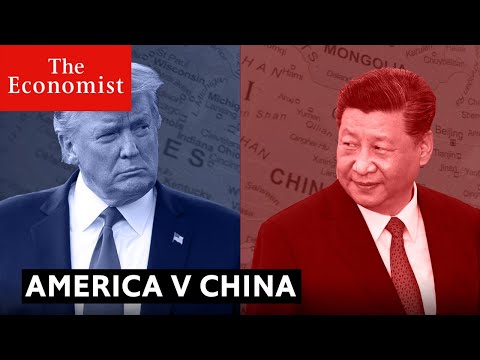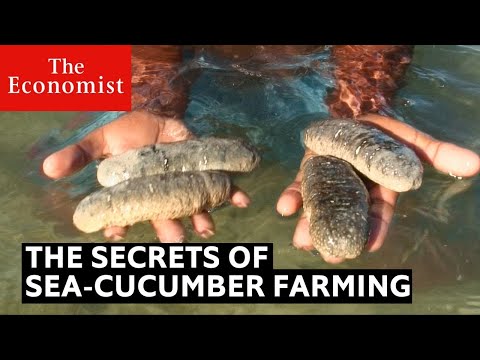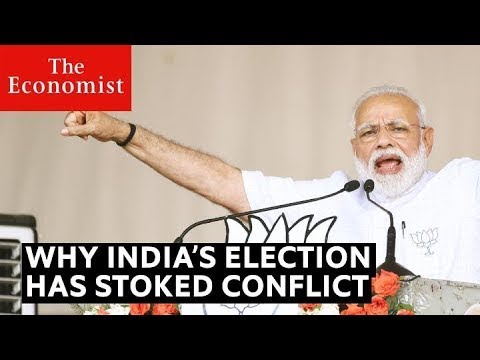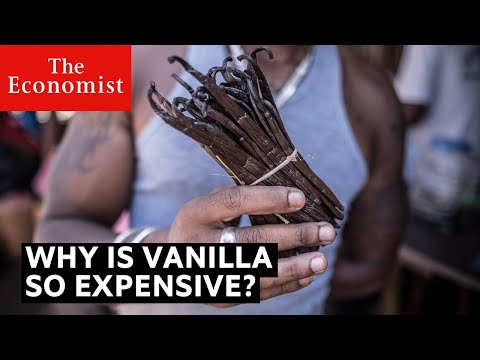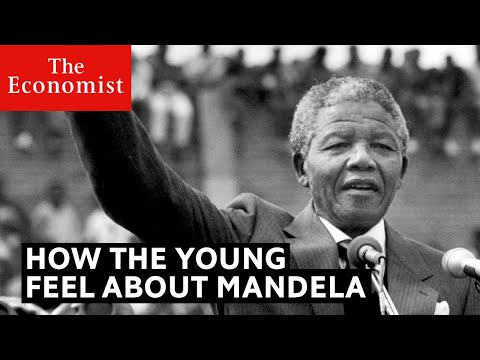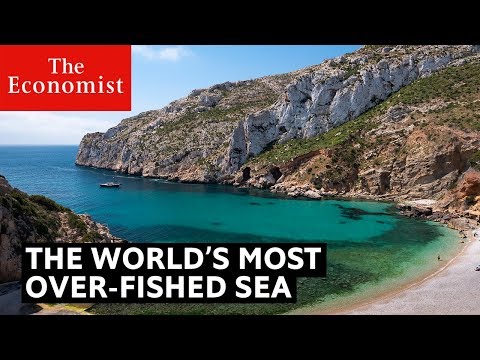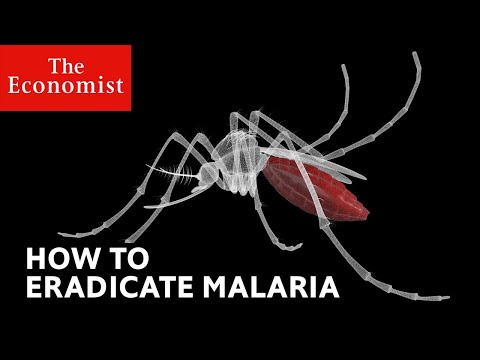Category Archive: 5.) The Economist
Who owns the Moon? | The Economist
50 years after the first Moon landing, humanity is getting ready to go back. Countries and companies are planning dozens of lunar missions—for research, for resources and even for tourism, which begs the question: who, if anyone, owns the Moon? Read more here: https://econ.st/2JK0A1O Click here to subscribe to The Economist on YouTube: https://econ.st/2xvTKdy Who …
Read More »
Read More »
What do Moon rocks reveal about the universe? | The Economist
Between 1969 and 1972 six Apollo missions returned to Earth with Moon rocks. It was hoped that they would unlock lunar secrets but they also ended up teaching scientists more about the creation of the Earth and the universe beyond. Click here to subscribe to The Economist on YouTube: https://econ.st/2xvTKdy These have been described as …
Read More »
Read More »
How China is crushing the Uighurs | The Economist
China’s Muslim Uighurs face systematic oppression from their own government. Their home province of Xinjiang has been turned into a police state—an estimated one million of them are detained in camps where they are brainwashed. How and why are China’s leaders doing this? Read more from the Economist here: https://econ.st/2JCDIBr Click here to subscribe to …
Read More »
Read More »
Who is the real Boris Johnson? | The Economist
Boris Johnson is likely to become Britain’s next prime minister. In today’s ugly politics he would be a dangerous leader. Read more here: https://econ.st/2JnZIzI Click here to subscribe to The Economist on YouTube: https://econ.st/2xvTKdy Boris Johnson—you can love him, you can hate him but who is he? In some ways, he’s a very, very familiar …
Read More »
Read More »
Who will challenge Donald Trump in 2020? | The Economist
The 2020 Democratic primary election is already one of the most hotly contested in history, with over 20 candidates vying to lead the party. John Prideaux, our US editor, takes a look at the front-runners. Click here to subscribe to The Economist on YouTube: https://econ.st/2xvTKdy Read more here: https://econ.st/2X2ZdzG For more from Economist Films visit: …
Read More »
Read More »
Secrets of the deep ocean | The Economist
Parts of the ocean floor are being explored for the first time. Scientists are using technology to map the damage caused by humanity—and reveal clues about how the ocean can be better protected. Click here to subscribe to The Economist on YouTube: https://econ.st/2xvTKdy Deep beneath the ocean’s surface lie vast areas of seabed that have …
Read More »
Read More »
How to spot a child genius | Economist
Gifted children around the world are going under the radar—their talents not recognised or nurtured. More should be done to spot these “lost Einsteins” Click here to subscribe to The Economist on YouTube: https://econ.st/2xvTKdy How do you spot a child genius? Gifted children tend to share three defining characteristics. First, they develop skills at a …
Read More »
Read More »
How the D-Day landings shaped the world | The Economist
The D-Day landings were the biggest seaborne invasion ever seen. They not only helped to liberate Europe from the Nazis but were instrumental in changing the world order Read more here: https://econ.st/2WfPSUP Click here to subscribe to The Economist on YouTube: https://econ.st/2xvTKdy On June 6th 1944 Allied troops staged the largest seaborne invasion the world …
Read More »
Read More »
This could change the way cancer is treated | The Economist
A combination of drugs, including aspirin and statins, are being tested to treat cancer and other illnesses. There is mounting clinical evidence that the “repurposing” of existing drugs could offer effective new treatments. Read more here: https://econ.st/2WgHlpz Click here to subscribe to The Economist on YouTube: https://econ.st/2xvTKdy Right now we’d like to take a few …
Read More »
Read More »
America v China: a new kind of cold war | The Economist
America and China are fighting over far more than trade. If this growing rivalry is managed badly, everybody will lose. Read more here: https://econ.st/2YTgtsH Click here to subscribe to The Economist on YouTube: https://econ.st/2xvTKdy The dispute between the United States and China is about much more than trade. For everything from blockbuster films to lunar …
Read More »
Read More »
How sea cucumbers can help the ocean | The Economist
Sea cucumbers are a prized aphrodisiac in China. But like many coastal species they have been chronically overfished. One remote community in Madagascar has started a pioneering coastal-farming project with astonishing results. Click here to subscribe to The Economist on YouTube: https://econ.st/2xvTKdy The ocean is facing environmental catastrophe. Overfishing is a ticking time bomb for …
Read More »
Read More »
Why India’s election has stoked conflict | The Economist
India’s prime minister, Narendra Modi, has galvanised voters with an appeal to Hindu nationalism. But rising Hindu-Muslim violence is putting India’s historic secularism at risk. Read more here: https://econ.st/2M3ApHC Click here to subscribe to The Economist on YouTube: https://econ.st/2xvTKdy India, the world’s biggest democracy. 29 states, seven territories, 900m voters and one age-old fault line …
Read More »
Read More »
Why Europe’s nationalist parties all sound alike
Nationalist parties in the European Union are gaining momentum. At a time when the EU is increasingly fractured, they are united on many issues. What are they? Read more here: https://econ.st/2M0LERr Click here to subscribe to The Economist on YouTube: https://econ.st/2xvTKdy Three European politicians. They speak different languages but they’re all singing the same tune. …
Read More »
Read More »
Why is vanilla so expensive? | The Economist
In recent years, natural vanilla has sometimes been more expensive than silver by weight. Vanilla farmers in Madagascar are cashing in—but violence, theft and volatile markets are threatening their prospects. Read more here: https://econ.st/2W5qwNB Click here to subscribe to The Economist on YouTube: https://econ.st/2xvTKdy From ice cream to cakes and even perfume, vanilla is the …
Read More »
Read More »
Why is Alzheimer’s still a medical mystery? | The Economist
Decades of scientific research into Alzheimer’s have failed to find a cure. Little is known about the degenerative brain disease—but this may be about to change. Click here to subscribe to The Economist on YouTube: https://econ.st/2xvTKdy As populations have aged, dementia has soared to become the fifth leading cause of death worldwide. Alzheimer’s disease, a …
Read More »
Read More »
Are monarchies a thing of the past? | The Economist
Prince Harry and Meghan Markle are celebrating the birth of their baby boy. A new emperor has ascended to the throne in Japan. And Thailand is crowning its new king. Around the world monarchies are holding up surprisingly well. What is the secret to their success? Read more here: https://econ.st/2LoxqcC Click here to subscribe to …
Read More »
Read More »
Mandela’s legacy: 25 years on | The Economist
Nelson Mandela is one of the great icons of the 20th century. Yet many of South Africa’s “born free” generation—those born after the end of apartheid—are conflicted about his legacy. https://econ.st/2GJ7OCX Click here to subscribe to The Economist on YouTube: https://econ.st/2xvTKdy For more from Economist Films visit: http://films.economist.com/ Check out The Economist’s full video catalogue: …
Read More »
Read More »
This is the most over-fished sea in the world | The Economist
The Mediterranean supports countries in Europe, the Middle East and North Africa—but its fish stocks are almost completely collapsed. Meet the man who is leading attempts to revive its marine habitats. Click here to subscribe to The Economist on YouTube: https://econ.st/2xvTKdy This is the extraordinary story of one man’s dream to save the most over-fished …
Read More »
Read More »
How to defeat malaria | The Economist
Malaria still kills around 400,000 people a year. Efforts to eradicate the disease have stalled because of drug resistance—but pioneering gene-editing technology might offer a new solution Read more here: https://econ.st/2XHVIiY Click here to subscribe to The Economist on YouTube: https://econ.st/2xvTKdy For more from Economist Films visit: http://films.economist.com/ Check out The Economist’s full video catalogue: …
Read More »
Read More »
Who will be Britain’s next prime minister? | The Economist
The race is already on to replace Theresa May as Britain’s prime minister. Adrian Wooldridge, our political editor, assesses the chances of five leading Conservative politicians hoping to take the top job. To read more, click this link: https://econ.st/2GjzNYA Click here to subscribe to The Economist on YouTube: https://econ.st/2xvTKdy For more from Economist Films visit: …
Read More »
Read More »










